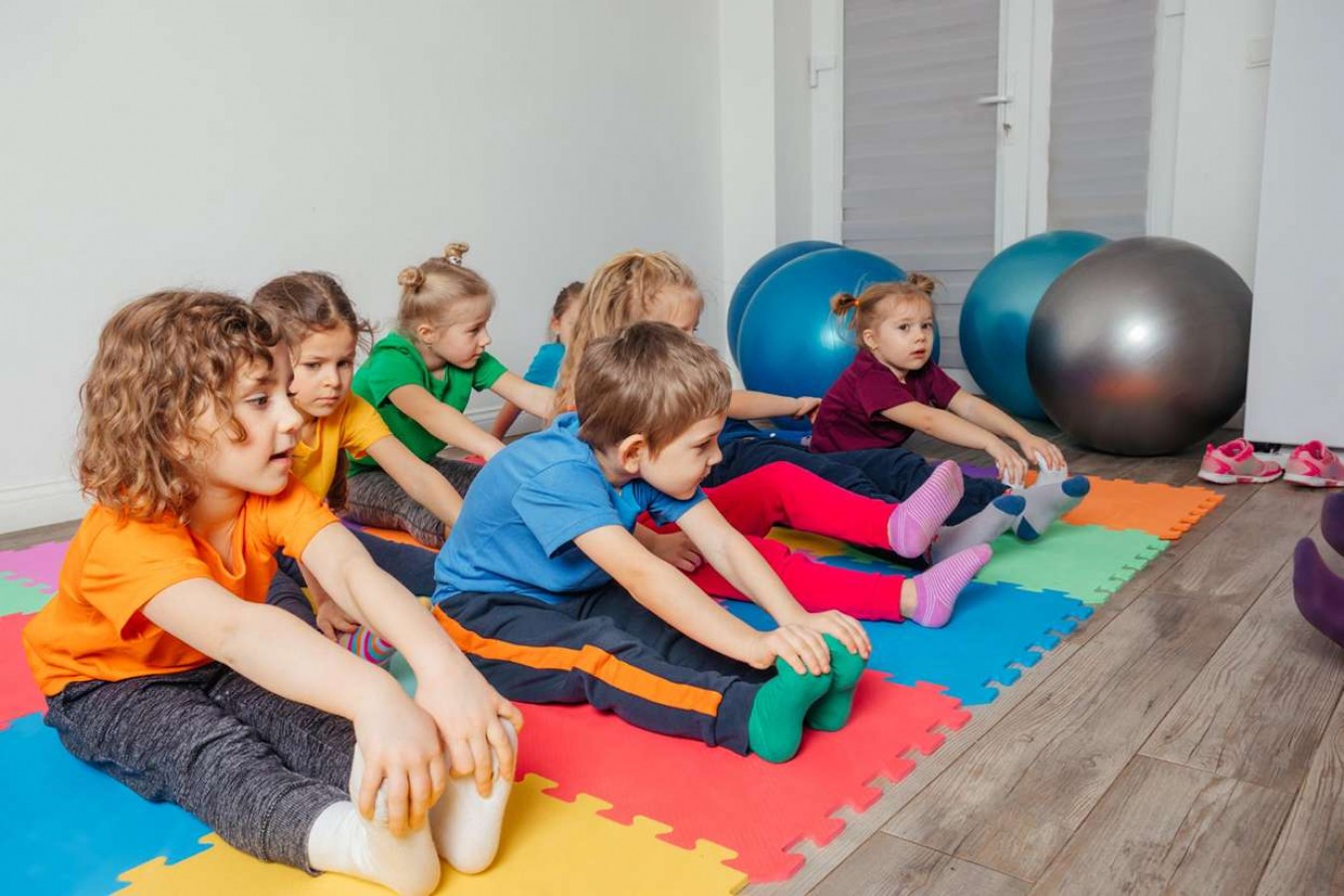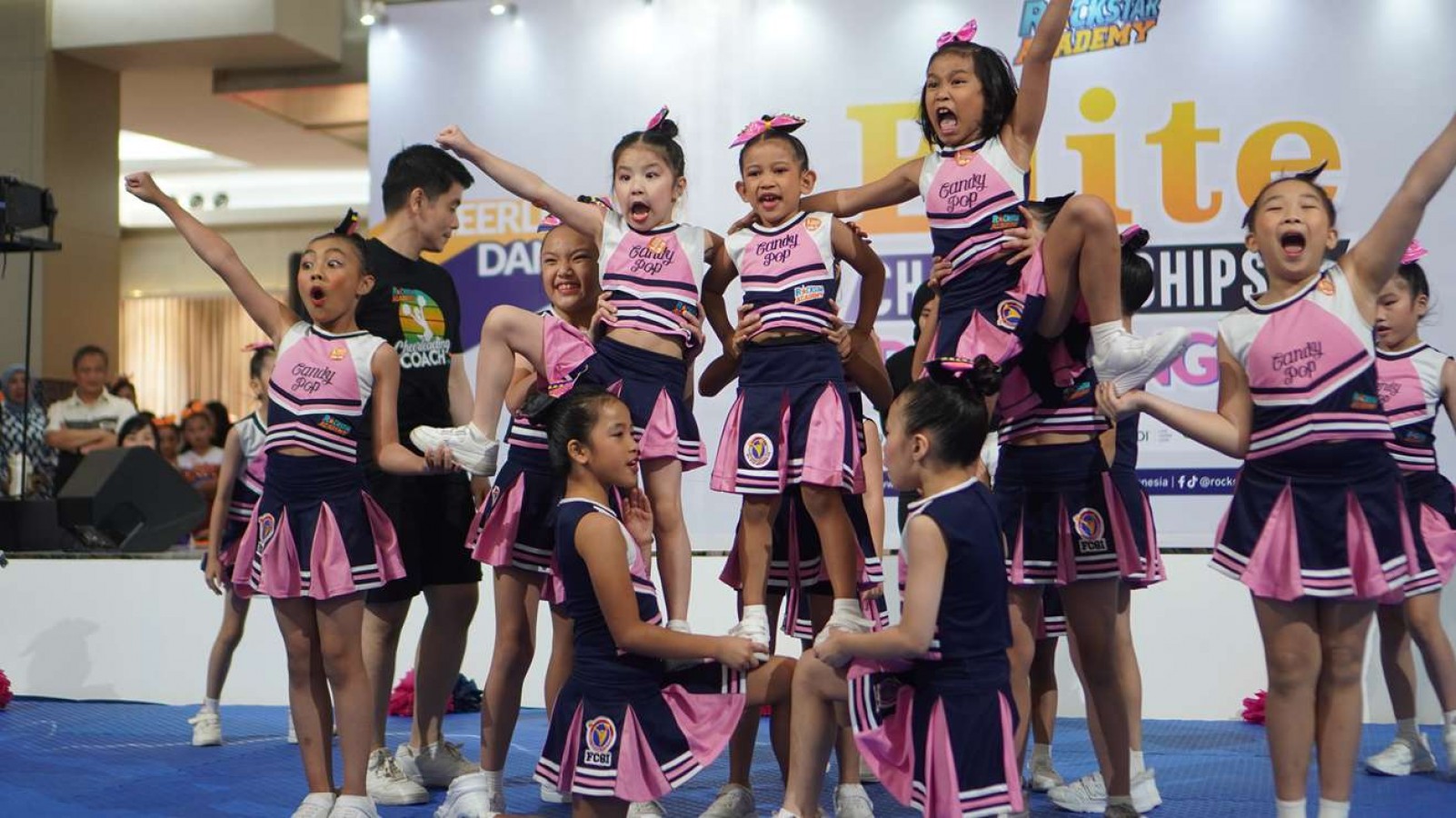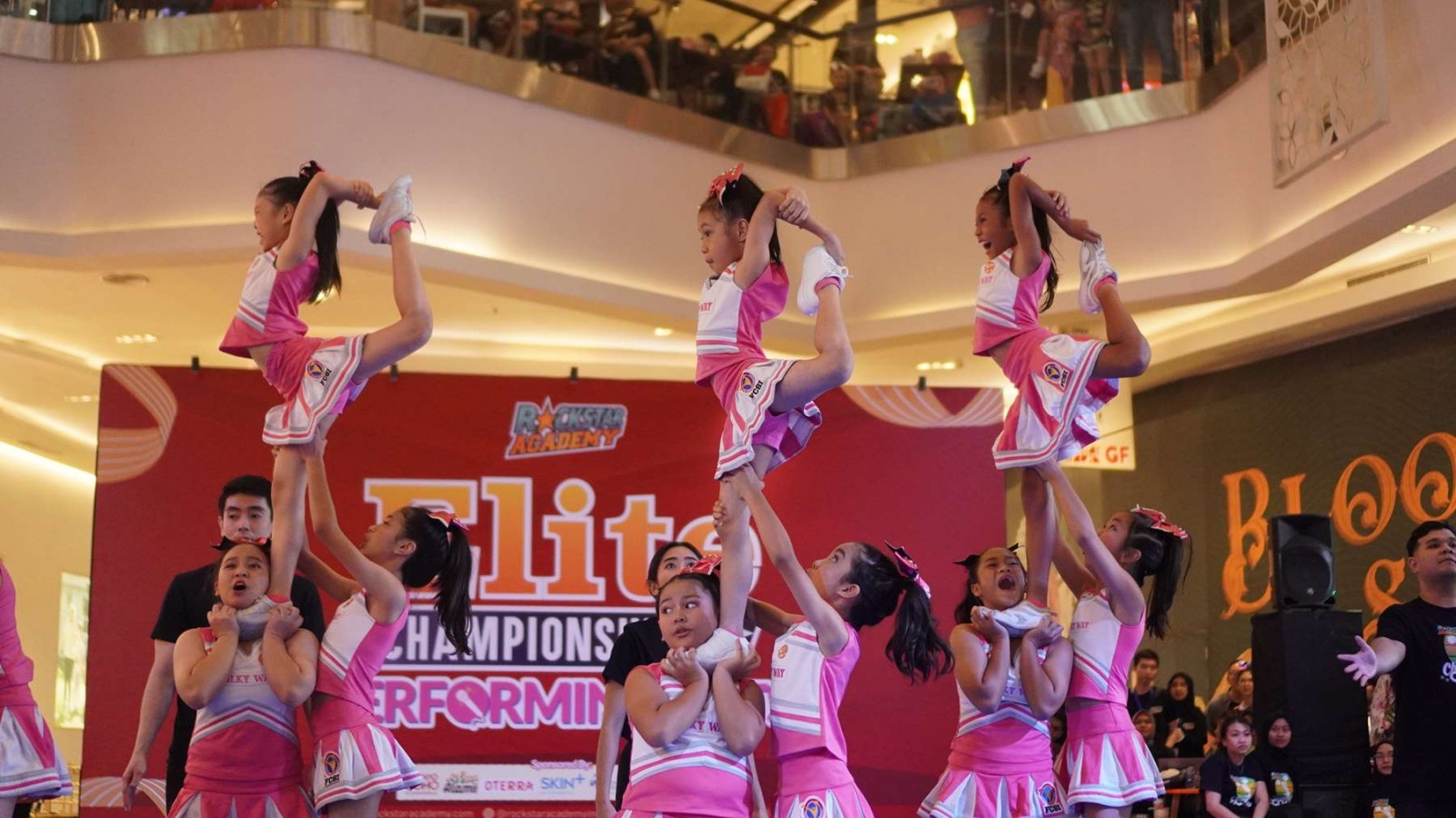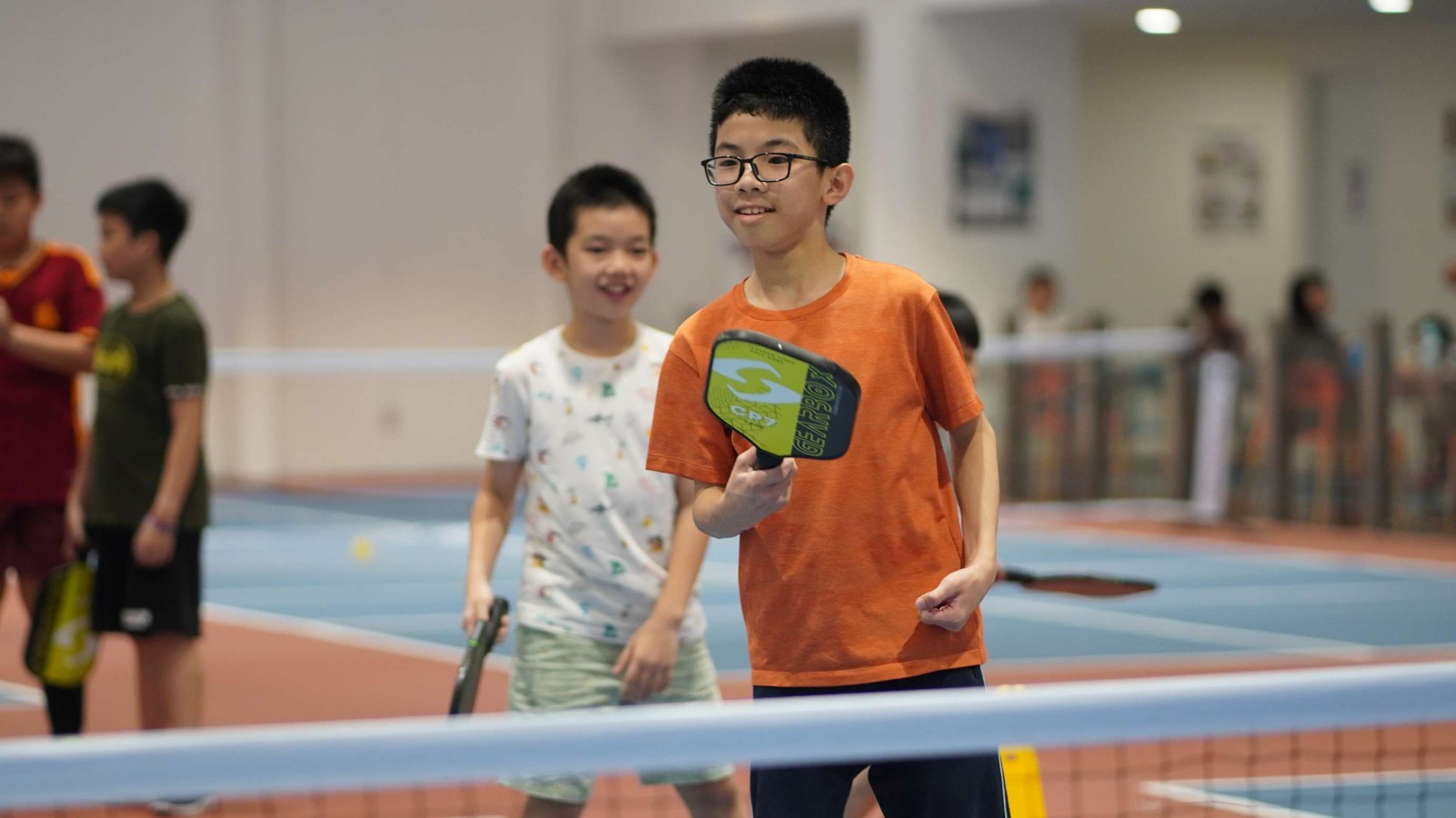Physical Education for Kindergarten Students and Its Benefit

In the current era of education, the role of Physical Education for kindergarten students has evolved into a crucial component of holistic development. Recognizing the importance of nurturing both the body and mind from an early age, this type of educational practices emphasize the significance of physical activity in shaping well-rounded individuals.
In this article, let's dive deeper into the realm of physical education for kindergarten, exploring its objectives, and the myriad advantages it brings.
What is Physical Education?
Physical education, often abbreviated as PE, is an academic discipline that focuses on the development and maintenance of the human body. It involves the acquisition of knowledge, skills, and attitudes related to physical fitness and movement. Physical education typically includes activities such as sports, exercise, and various forms of physical training.
The primary goals of physical education are to promote overall health, enhance physical fitness, and foster the development of motor skills and coordination.
The Purpose of Physical Education
The purpose of physical education is multifaceted, encompassing both the physical and mental well-being of individuals. Apart from promoting health, physical education has other goals for the body.
Here are some key objectives and purposes of physical education:
1. Promoting Physical Fitness
Physical education aims to enhance and maintain the physical fitness of individuals by encouraging regular exercise and participation in physical activities.
2. Developing Motor Skills
It focuses on the development of fundamental motor skills such as running, jumping, throwing, and catching that needs coordination and agility.
3. Instilling Healthy Habits
Physical education seeks to cultivate lifelong habits of regular physical activity, promoting overall health and preventing sedentary lifestyles.
4. Building Teamwork and Cooperation
Through team sports and group activities, physical education fosters qualities such as teamwork, cooperation, and sportsmanship.
5. Enhancing Mental Health
Regular physical activity has been linked to improved mental health, including reduced stress, anxiety, and depression.
6. Teaching Safety and Injury Prevention
Physical education provides knowledge about proper techniques, safety measures, and injury prevention strategies during physical activities.
7. Encouraging a Positive Attitude Towards Exercise
It aims to create a positive attitude and enjoyment of physical activity, making individuals more likely to engage in regular exercise throughout their lives.
8. Addressing Obesity and Lifestyle-Related Health Issues
Given the rise in sedentary lifestyles and obesity, physical education plays a crucial role in addressing and preventing health issues related to insufficient physical activity.
9. Promoting Lifelong Health
By instilling healthy habits early in life, physical education contributes to the long-term well-being of individuals. It also reduces the risk of chronic diseases associated with a sedentary lifestyle.
The Benefits of Physical Education
Physical education offers a wide range of benefits that contribute to the overall well-being of individuals. It is important to make students aware of how crucial our physical health is, along with its long-term effects. Here are some key advantages:
1. Mental Health Benefits
Physical activity has been linked to improved mental health, including reduced stress, anxiety, and depression. Physical education provides a structured environment for students to engage in such activities.
2. Social Skills Development
Team sports and group activities in physical education foster the development of social skills, teamwork, communication, and cooperation.
3. Discipline and Goal Setting
Through structured physical activities, individuals learn discipline, goal-setting, and perseverance, skills that extend beyond the world of physical fitness.
4. Weight Management
Physical education plays a role in addressing and preventing obesity by promoting calorie expenditure and the maintenance of a healthy weight.
5. Improved Academic Performance
There is evidence suggesting a positive correlation between physical activity and academic performance. Physical education contributes to overall cognitive development, including improved concentration and focus.
6. Enhanced Self-Esteem and Confidence
Success and improvement in physical activities contribute to a positive self-image that will boost self-esteem and confidence.
7. Introduction to a Variety of Activities
Physical education exposes children to a variety of sports and physical activities. It helps them discover interests and talents they may not have explored.
8. Stress Relief
Physical activity is a natural stress reliever, and regular participation in physical education can help students manage and reduce stress levels.
Physical Education for Kindergarten
Physical education for kindergarten focuses on introducing young children to fundamental motor skills and physical activities in a playful and engaging manner. The curriculum emphasizes the development of skills such as running, jumping, hopping, and throwing, laying the foundation for more complex movements.
Through play-based learning, interactive games, and imaginative activities, children explore their bodies' capabilities, enhance spatial awareness, and develop a positive attitude toward physical activity.
Rockstar Academy stands as the pinnacle in child physical development, offering an Early Childhood Education program that seamlessly integrates physical education into every aspect of learning.
Through our innovative Early Childhood Education curriculum, we infuse dynamic physical activities, sports, and movement-based learning into daily routines. Our dedicated instructors understand the vital role of physical education in a child's holistic development, nurturing budding minds while ensuring robust physical growth.
Physical Education is Fun!
The impact of physical education extends far beyond the confines of a gymnasium. It is a powerful catalyst for holistic development, fostering physical fitness, mental well-being, and social skills. Physical education plays a role in shaping children to be healthier and happier.
Rockstar Academy offers a variety of engaging programs designed to support the growth and development of children. Go contact Rockstar Academy and obtain your free trial class!
FAQ
1. Is physical education only about sports and fitness?
While sports and fitness are integral components, physical education goes beyond, encompassing activities promoting overall physical, mental, and social well-being.
2. Can physical education benefit students academically?
Absolutely. Studies show a positive correlation between regular physical activity and improved academic performance. Physical education contributes to enhanced focus, concentration, and cognitive abilities.
3. Is physical education relevant for all age groups?
Yes, physical education is essential across all age groups. Tailoring activities to match developmental stages ensures relevance and effectiveness



